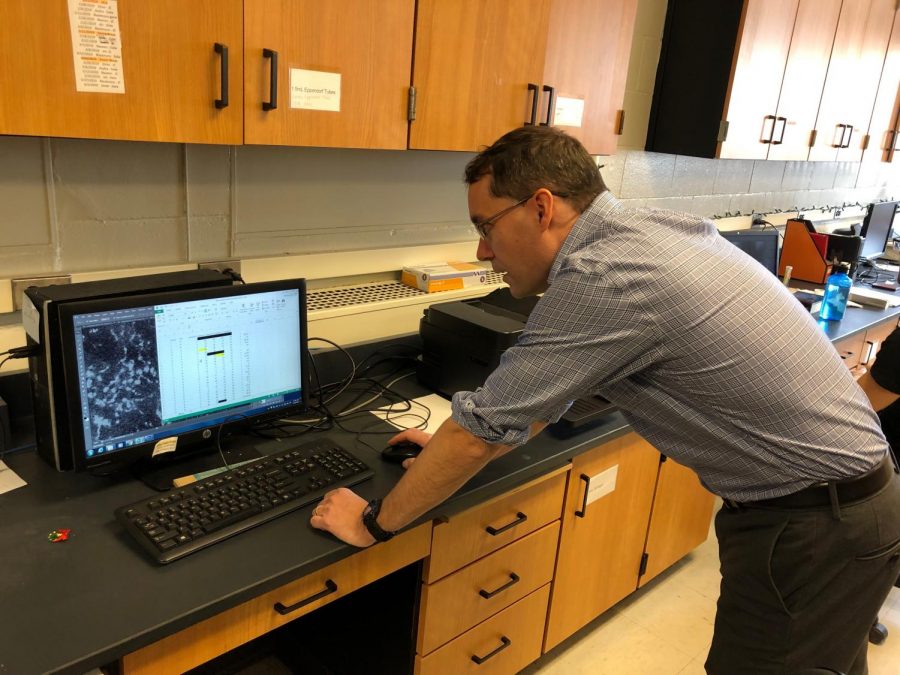
- Photo by Brittany McGrail / [email protected]
Watch out, PETA. An online survey of about 1,000 American and foreign biomedical researchers found that 90 percent believe the use of animals is “essential” in research, and about 70 percent actually perform experiments on animals in their research.
Interestingly, the Nature magazine poll also found a third of those who work on animals admitted “ethical concerns” about the role of animals in research, and 16 percent reported “misgivings,” such as guilt over inflicting some level of harm on the animals, about some of their work.
Because of the controversial nature of animal research, about 70 percent of the respondents said it was difficult for them to comment on the matter.
Only about 5 percent of the researchers said they had changed their research or practices because of their apprehensions about working with animals.
A significant number of respondents said animal rights activists represented a threat to biomedical research in general, but only about 3 percent said they had altered their research because of activism efforts.
Hong Ren, a research professor in the College of Health Sciences, expressed support for the researchers who feel animal testing is a necessary component of medical research.
“I completely agree with the findings in this study, and animal research may be used in my research in the future,” she said.
Ren’s research includes studies of molecular and cellular neuroscience and electrophysiology. She said since she has been at Marquette, she has not experimented on animals, but has occasionally used the cultured neurons of animals provided by another lab.
The animals most commonly used in medical research are primates, dogs, rats, mice, rabbits, pigs and cats, according to the People for the Ethical Treatment of Animals website.
Animal rights activism is certainly present on campus, and it often appears tied to health issues or religious affiliations.
Allison Loughran, a freshman in the College of Nursing, became a “raw vegan,” meaning her diet consists of mainly raw foods such as fruits and vegetables. She adopted the diet during her junior year of high school after suffering a complicated and debilitating illness. While home from school, she looked into the health benefits and animal protection associated with the lifestyle.
“While I don’t agree with animal testing, I can’t say that the information that results from it is not useful,” she said. “If not for the use of animal testing in biomedical research, I don’t know if doctors would ever have come to a diagnosis for my illness.”
Despite her stance on animal welfare, Loughran recognizes the often-difficult decisions those in the medical research profession make in the laboratories.
“As far as animal rights activism goes, I’m not the preachy type,” Loughran said. “I believe strongly about treating animals humanely, but I respect that others do not feel the same way.”
Krupa Patel, a freshman in the College of Health Sciences, has been a vegetarian all her life for religious reasons.
“My family and I are Hindu and believe in all nonviolence, especially toward animals,” she said.
Some animal rights activists have set fire to scientists’ cars and mailed razor blades to their homes, as noted in the Nature study. But there appears to be a greater amount of understanding from students in Marquette’s health science fields.
“I have the choice to use animal products just as everyone else does, but based on my own values I choose to abstain from the use of them,” Loughran said.

